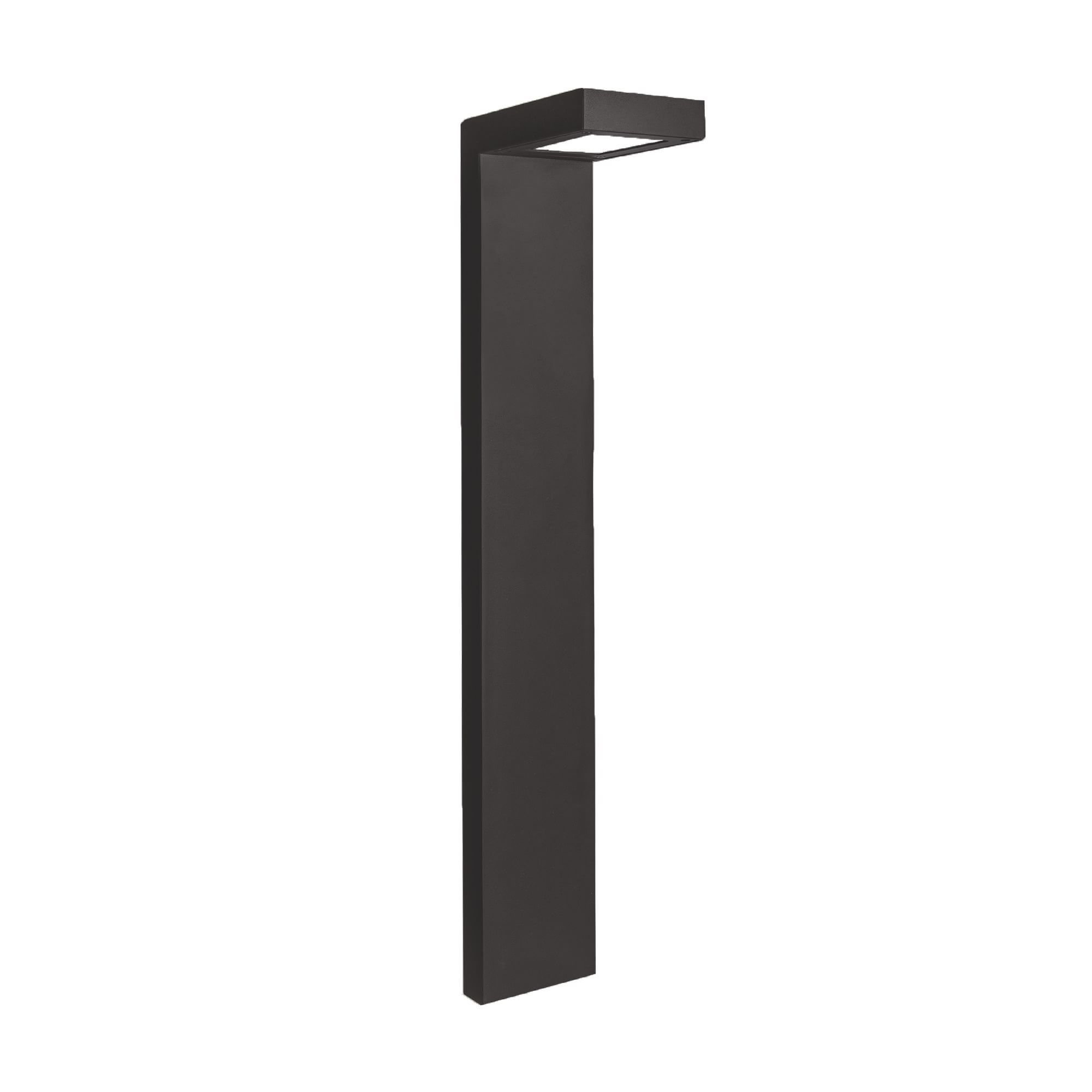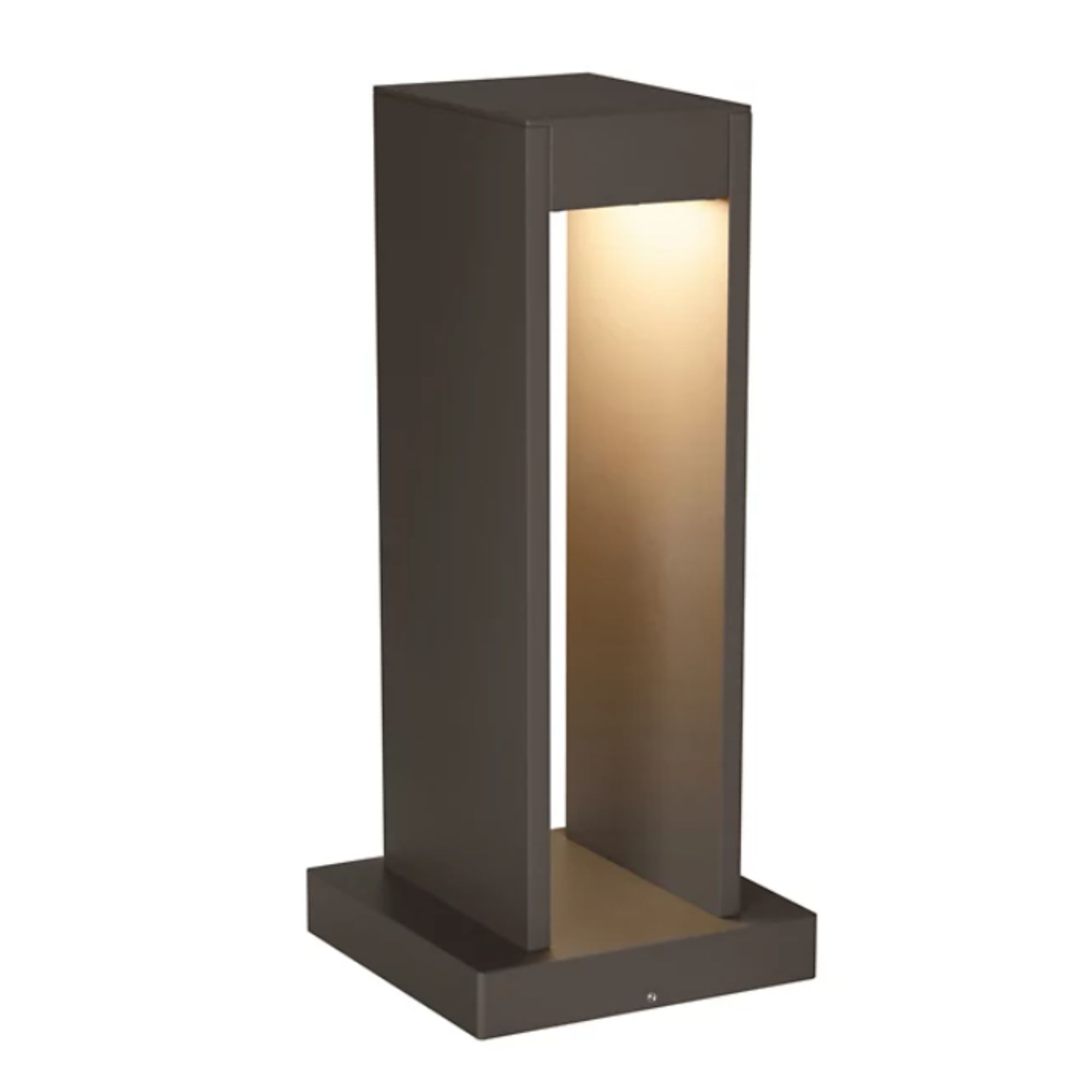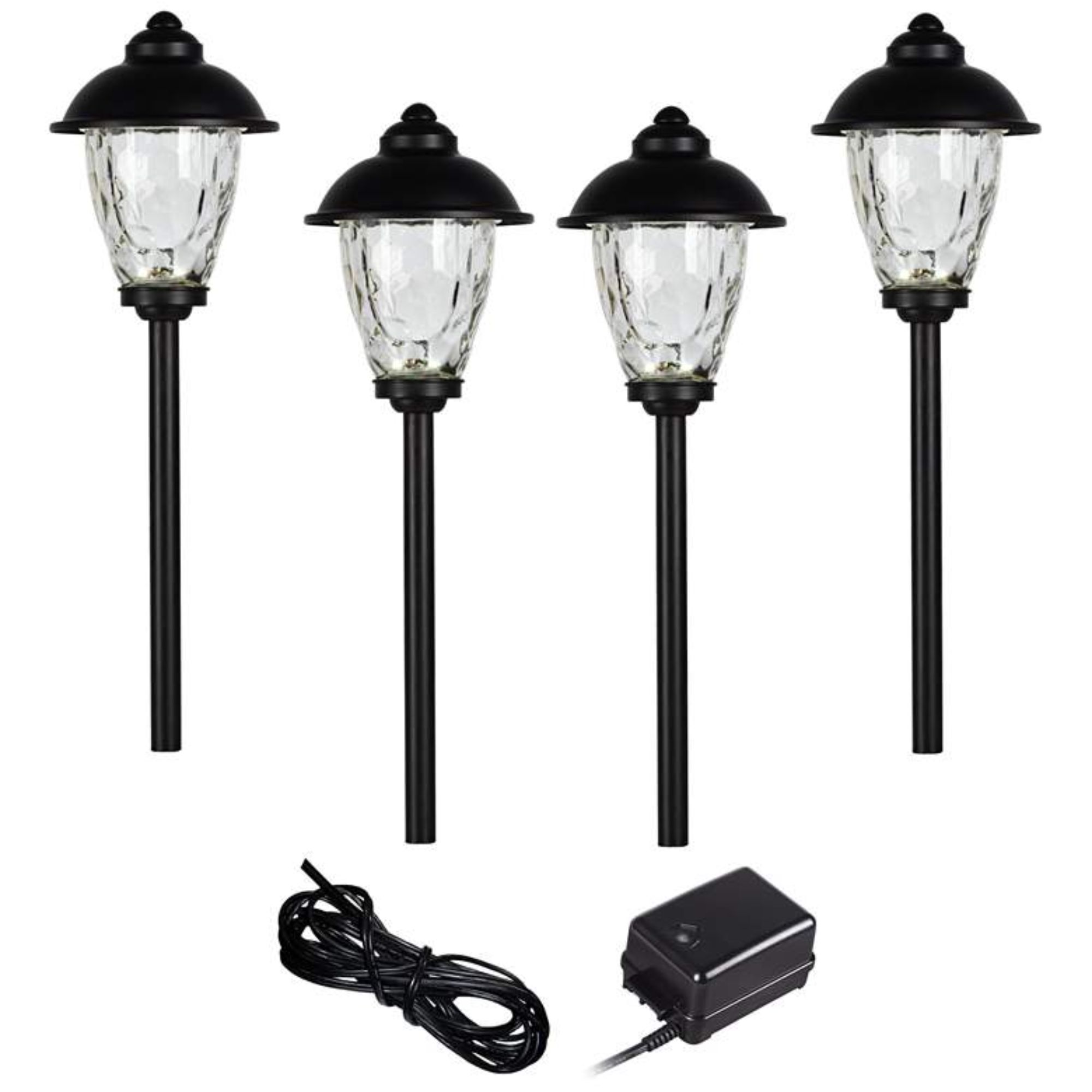Can you light a garden path with solar lights? Electrical experts reveal 3 reasons why it's a bad idea – and what to do instead
String lights draped over a path seems like a great idea, but master electricians suggest it won't work

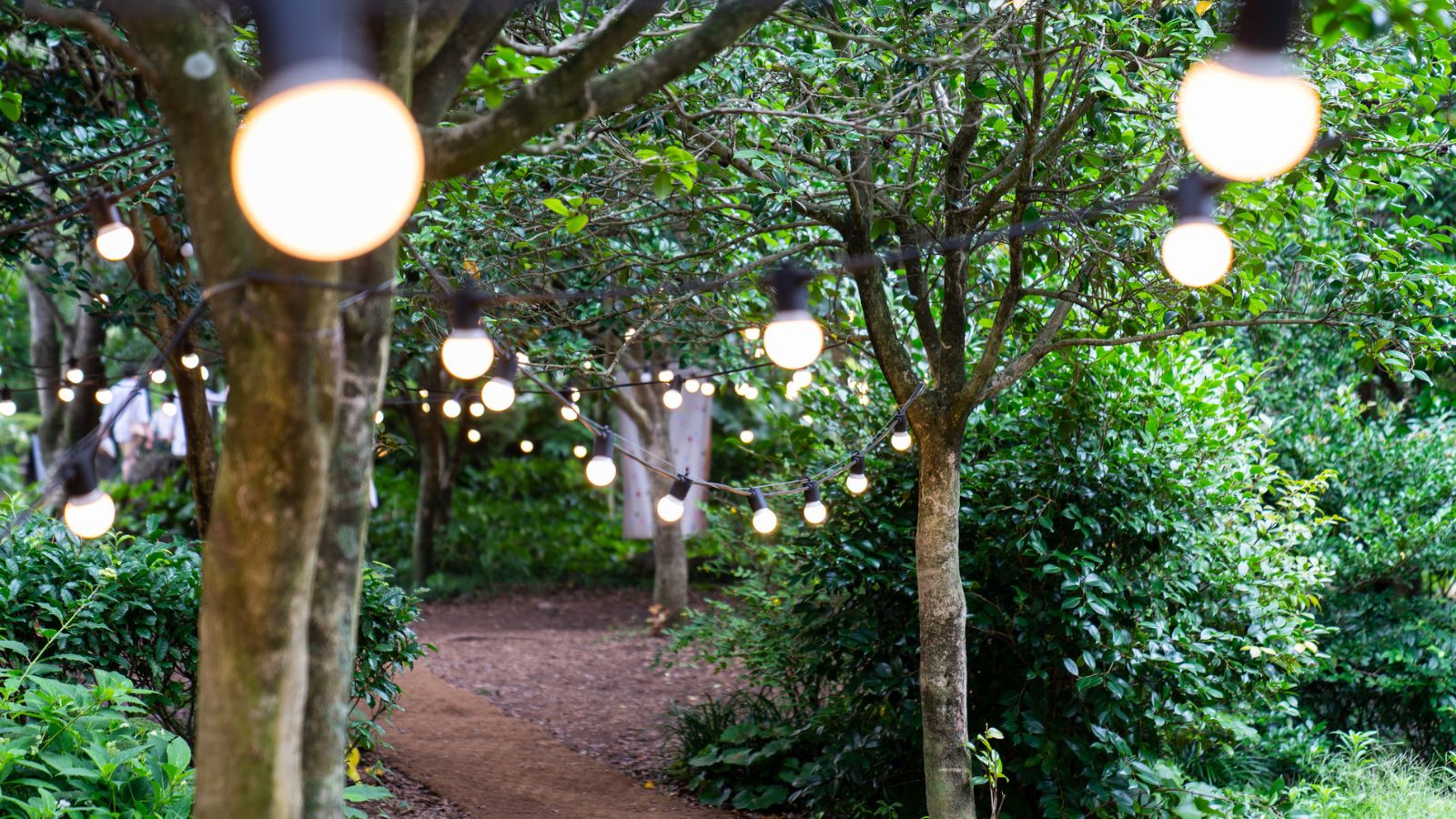
Solar lights, especially string lights, are as popular as ever. They're easy to install, free to run, and seem like the perfect solution for a dark garden path.
However, after speaking to electrical experts, I'm convinced that solar lights aren't right for path lighting. They make for unreliable, dim path lighting that can even be dangerous.
The experts gave me three reasons why solar lights aren't quite right for path lighting – and what you should do instead.
1. They are not reliable enough

The first reason it's a mistake to light a walkway with solar lights, is that solar lights aren't reliably bright enough for practical path lighting.
Electrical expert Daniel Vasilevski told me that 'The main issue with solar lights is that they don’t provide consistent brightness. Solar-powered lights depend entirely on how much sunlight they get during the day.'
Electrician Sergey Nikolin agrees. He says 'The common oversight is treating solar lights as a "set it and forget it" solution. Over time, their efficiency decreases due to battery degradation, resulting in dim, unreliable lighting.'
This means that you can't rely on solar lights for bright lighting. What works on one day won't work on another. Lights that are perfectly bright at the start of the summer might be useless in the middle of winter.
Design expertise in your inbox – from inspiring decorating ideas and beautiful celebrity homes to practical gardening advice and shopping round-ups.
Daniel adds: 'If you live in a place with overcast skies, or during winter when daylight hours are shorter, solar lights will end up being too dim or even completely ineffective. For something like a walkway, you want reliable lighting at all times, and solar lights simply can’t guarantee that.'

Daniel is an expert electrician. The owner and direct of Bright Force Electrical, he has more than 10 years in the electricity industry.

Sergey Nikolin is the President at Product Air Heating & Cooling, LLC. Drawing on his extensive experience of electrical systems, HVAC, and indoor air quality.
2. They don't make for practical path lighting
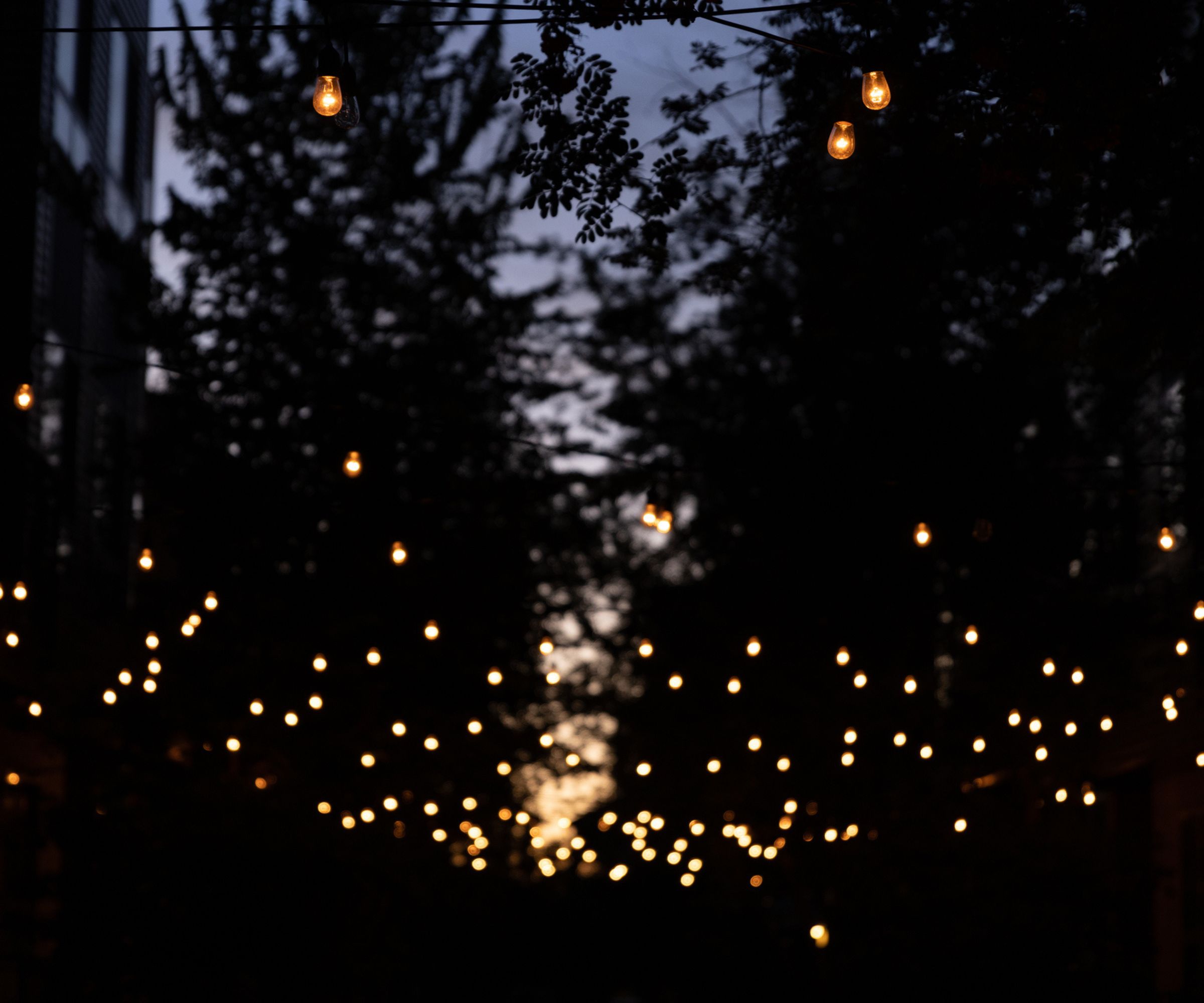
Even when solar lights can be consistent, such as in sunny parts of the country like southern California, Texas, and Florida, most solar lights aren't bright enough for practical lighting.
'Most solar lights are designed to give off a soft, ambient glow, which looks nice in a garden or decorative setting, but it’s not the kind of light you want to depend on for safely navigating a walkway,' says Daniel 'If the path is uneven or has stairs, low-quality solar lights could leave you or guests at risk of tripping or stumbling.'
This is worsened by the fact that solar lights are often unregulated. Wired lights have to be UL or ETL certified, and give reliable lumen readings, a measure of brightness. Solar lights, however, so not have to meet this standard. This means that even if you do a lot of research to find solar lights with high lumen counts, the lumens might be falsely advertised, and you end up with dim lights.
3. They have a short lifespan
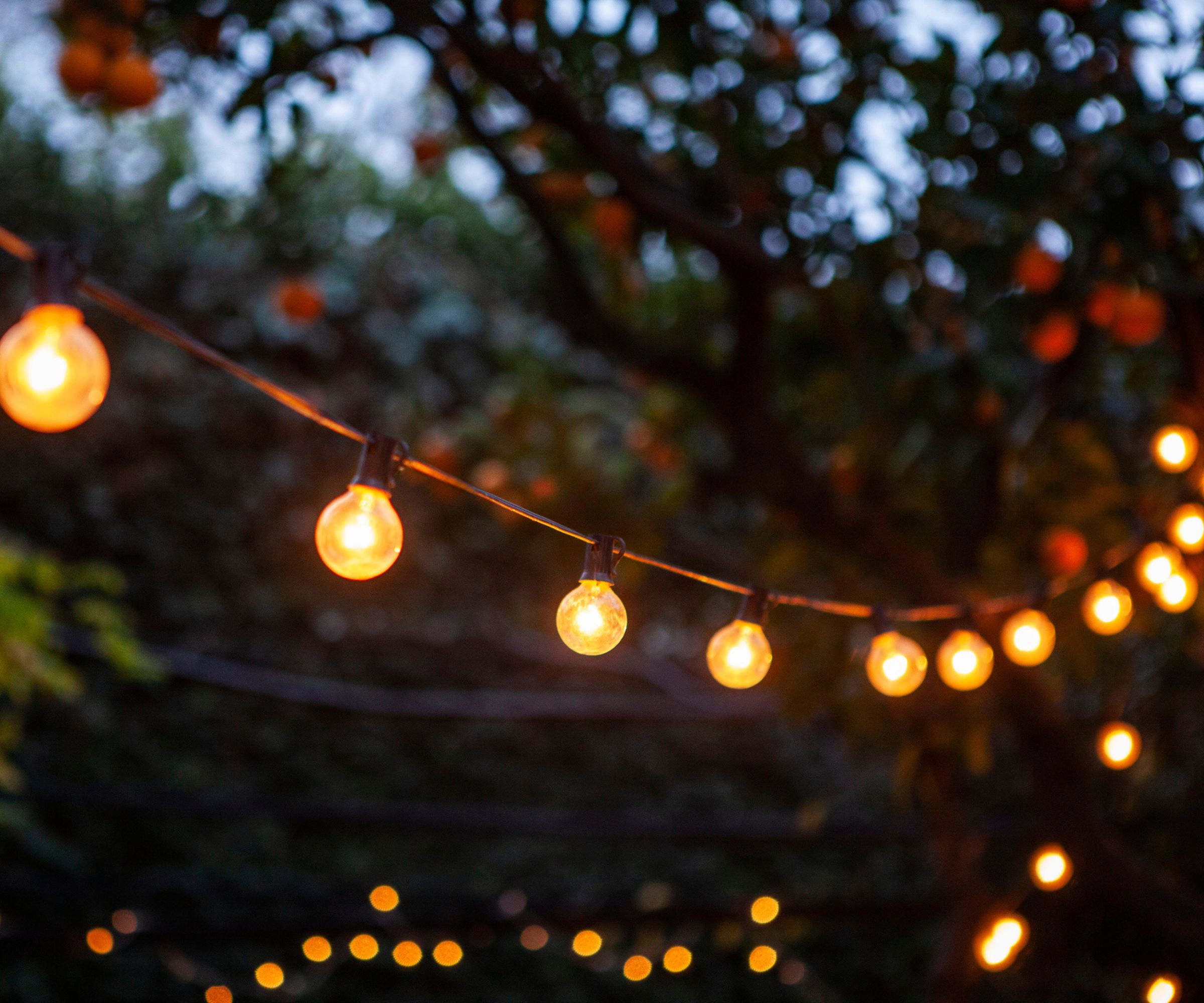
Daniel Vasilevski adds that even if solar lights were bright and reliable, 'There’s also the fact that solar lights tend to have a limited lifespan. The small solar panels on each light degrade over time, and after a couple of years, you might find that the lights don’t hold a charge as well, or their brightness diminishes noticeably.'
Where wired LED lights can last for up to 15 years, solar lights top at around seven, and those are the rare lights that don't break in a few months.
Daniel sums it all up well: 'If you prioritize safety, you want strong, reliable lighting that will illuminate the path properly, and solar lights fall short in that department.'
How to incorporate solar lights into a pathway
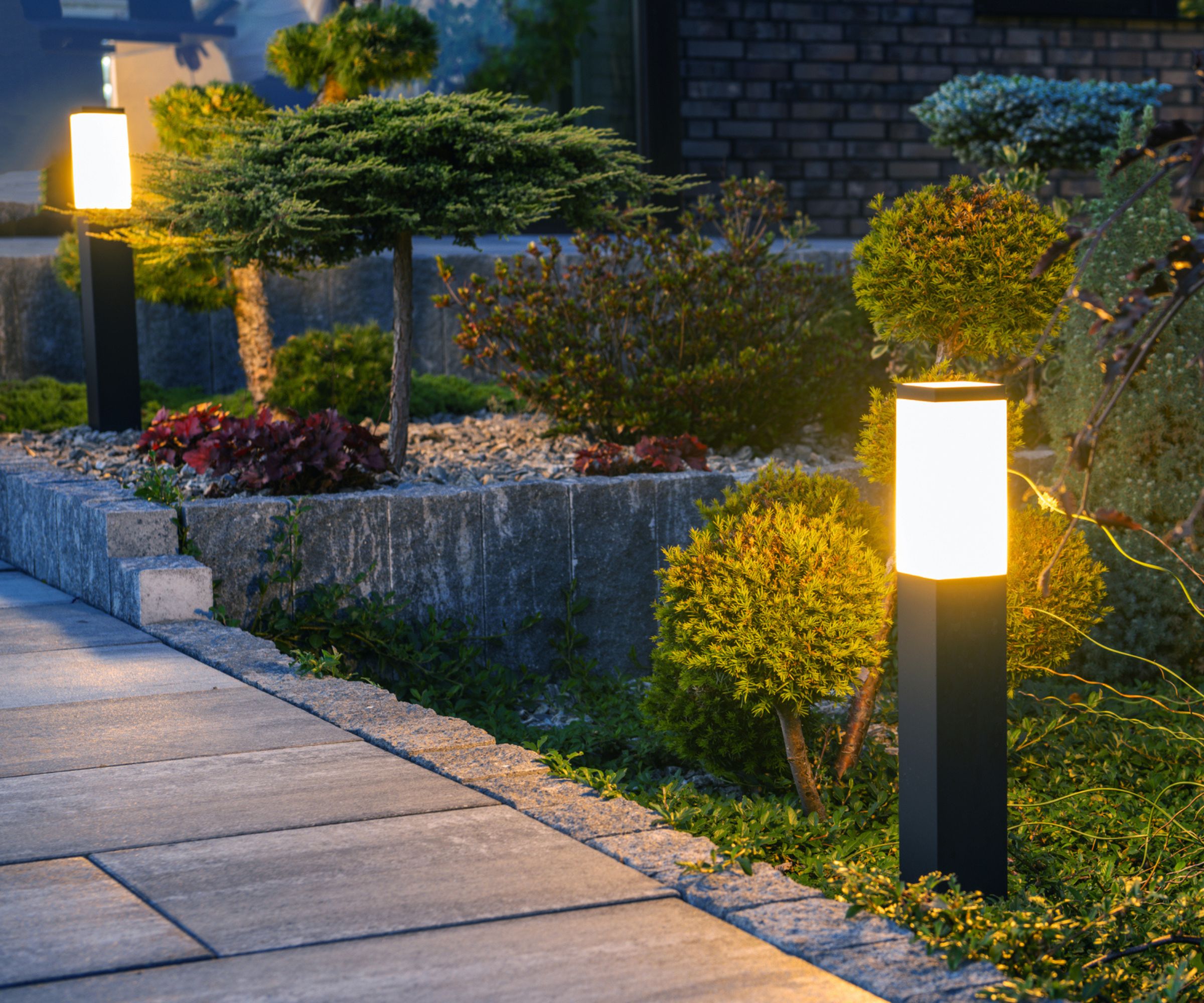
There are lots of ways to light a path, but the experts agree that you should use a mix of LED and solar lighting.
'I recommend low-voltage LED landscape lighting for walkways,' says Daniel. 'LED lights are energy-efficient, long-lasting, and provide consistent brightness. With low-voltage systems, you get reliable lighting without worrying about performance dropping off when the sun isn’t shining.' This solves all the problems of solar lighting on pathways.
On top of that, Daniel adds that LEDs have lots of benefits of their own. 'LED lights also come in a variety of styles and brightness levels, so you can choose the perfect fit for your space. You can even get options that have motion sensors, which is great for security and energy savings.'
However, Sergey says that you shouldn't throw out your solar lights just yet. 'Rather than ditching solar lights completely, consider hybrid systems. Use solar lights for decorative accents and combine them with low-voltage LED lighting or smart lighting that adjusts based on natural light levels.'
This means that you can combine practical, day-to-day lighting with a beautiful ambiance. Sergey adds 'This hybrid approach gives you the best of both worlds—solar energy for aesthetics and reliable electric lights for safety, ensuring your walkway is beautifully lit regardless of weather conditions.'
FAQs
Are string lights a good idea to light a garden path?
If you can't use solar lights, it's reasonable to turn to wired lights. Lots of people turn to wired string lights for an inexpensive option that's easy to install. However, Daniel warns against using these lights for your walkway lighting.
'String lights are more of a decorative element than a practical solution,' he says. 'String lights add charm and ambiance to an outdoor space, but they don’t typically provide enough light to safely illuminate a path.'
On top of that, string lights can't always stand up to harsh weather. 'Most string lights aren’t designed to be durable enough for outdoor use long-term,' continues Daniel. 'They can be damaged by weather or stop working if exposed to too much moisture.'
In the end, string lights can be a crucial part of your garden design, but they can't be used for practical walkway lighting. 'You might see them in outdoor settings for aesthetic purposes, like hanging over a seating area or around a patio, but for a walkway, they’re just not built to offer the kind of focused, bright lighting you’d need.'
Paths and walkways can be surprisingly hard to pull off. Before you even think about your lighting, consider the garden path design rules to ensure your path is both practical and pretty.

As a gardens and lifestyle contributor, Alex makes sure readers find the right information to help them make the best purchase. Alex got his start in reviewing at the iconic Good Housekeeping Institute, testing a wide range of household products and appliances. He then moved to BBC Gardeners’ World Magazine, assessing gardening tools, machinery, and wildlife products.
